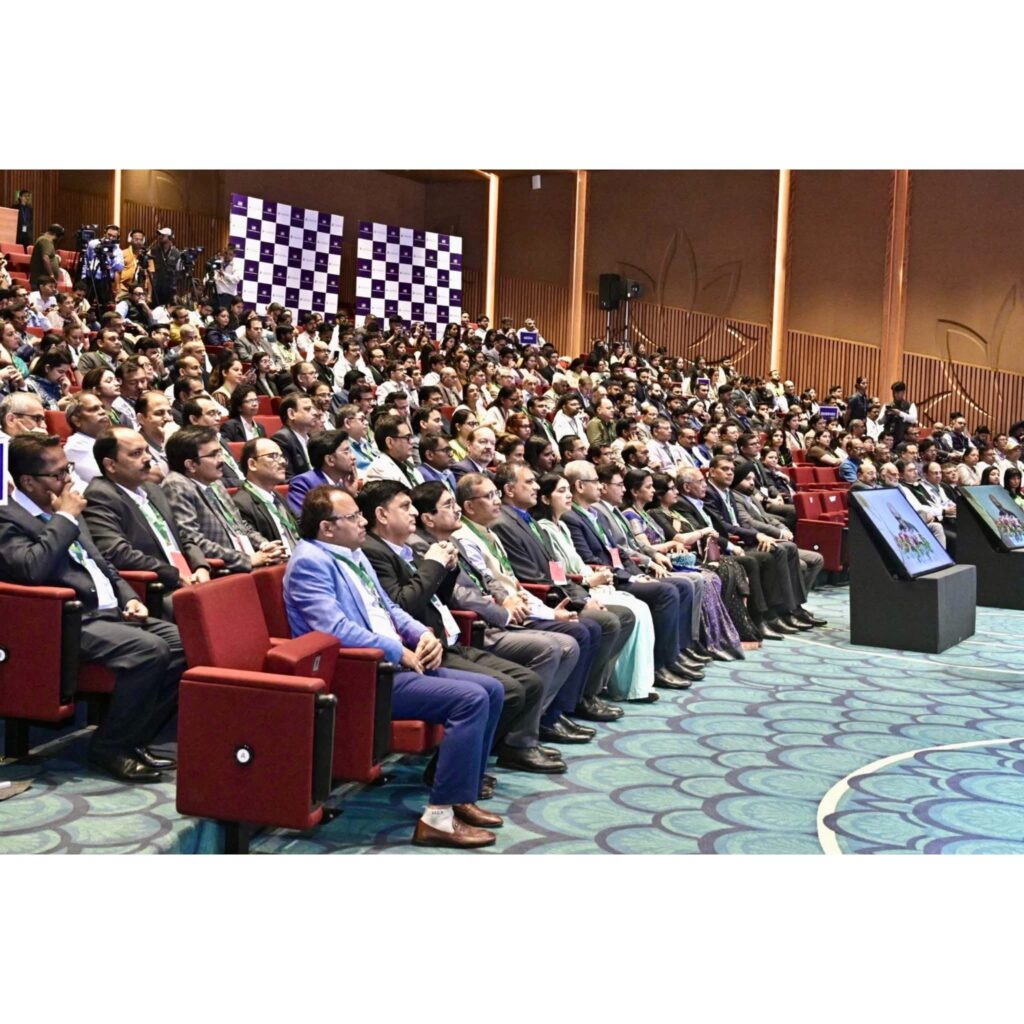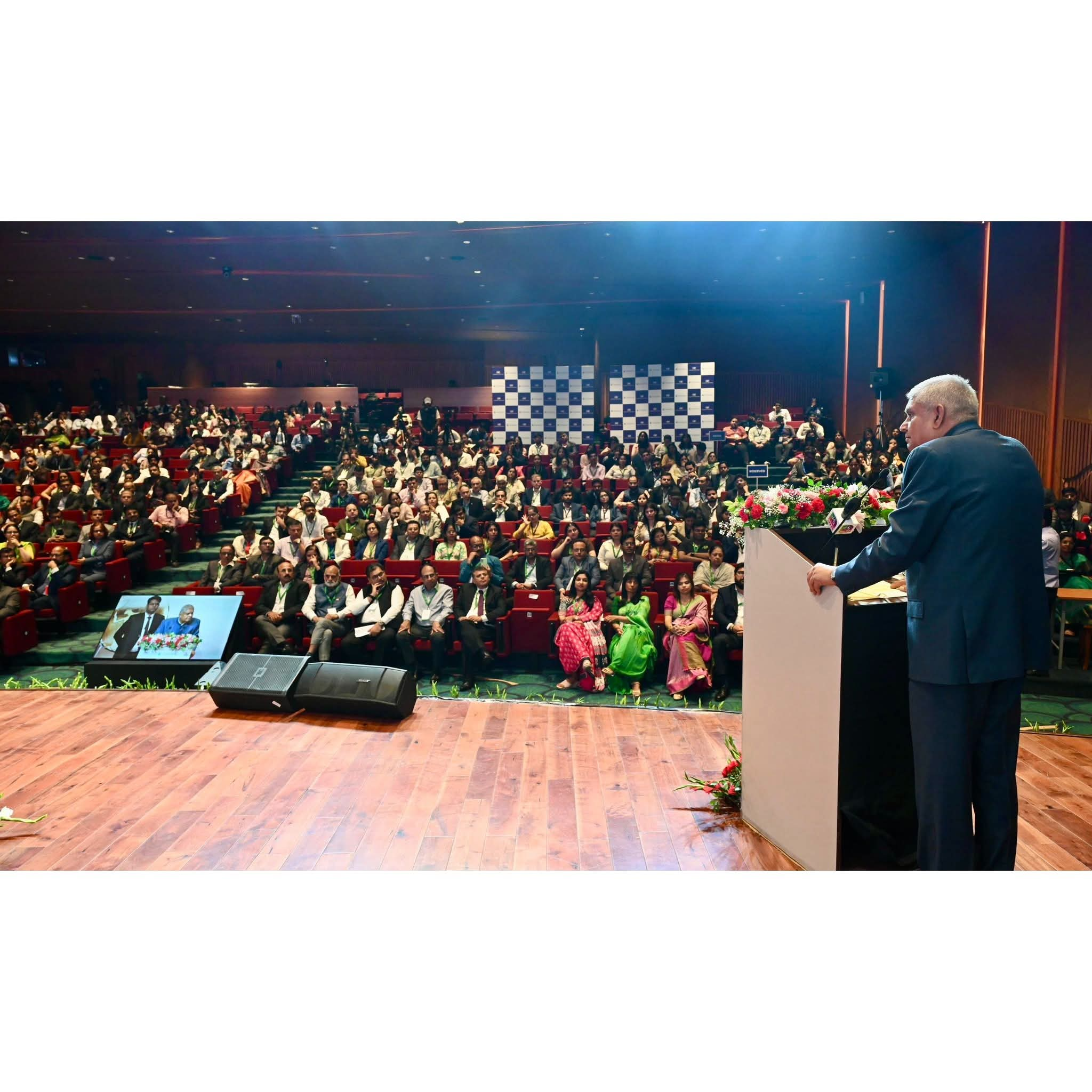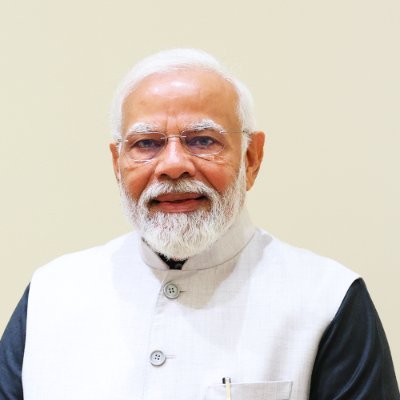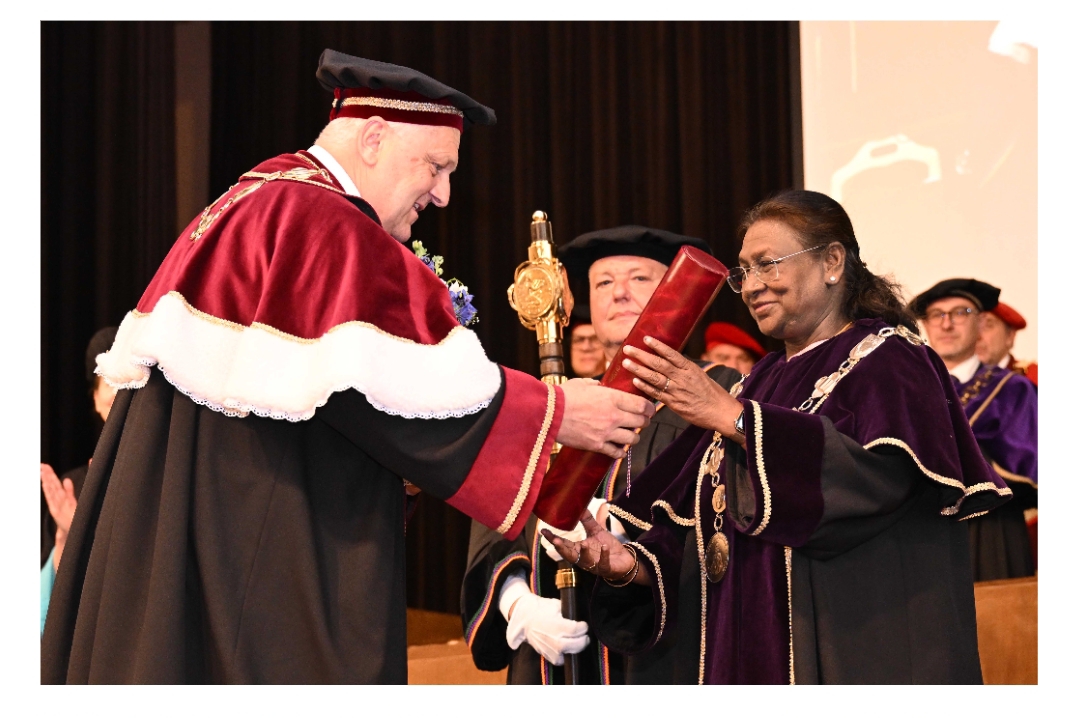Industry Must Be a Force for Inclusion, Innovation, and Sustainability: VP Jagdeep Dhankhar at CII-ITC Sustainability Awards.
New Delhi:
In a clarion call to Indian industry leaders, Vice-President Jagdeep Dhankhar today urged the private sector to redefine its role—not merely as an economic player, but as a transformative force in shaping a more inclusive, sustainable, and globally respected Bharat. Speaking as the Chief Guest at the 19th CII-ITC Sustainability Awards held at Bharat Mandapam, New Delhi, Dhankhar laid out a comprehensive vision for India’s industrial and economic future anchored in equity, integrity, and innovation.
“Industry Must Champion Inclusion and Equity”
Highlighting the social responsibilities of the private sector, the Vice-President asserted, “Industry must be a force for inclusion by supporting MSMEs, promoting gender and caste diversity in leadership. Gender discrimination today is subtle and systemic—it often hides behind power structures. True leadership lies in dismantling such barriers.” He called for a cultural shift within boardrooms, where diversity is not symbolic but structural.
“Private Sector: Co-Architect of India’s Future”
Reinforcing the industry’s central role in India’s progress, Dhankhar stated, “The private sector must embrace its role not just as an economic actor but as a co-architect of India’s future. We are not mercenaries—we stand for unleashing positive energies to benefit society. A developed nation is one where opportunity is not the privilege of a few but the right of all.”
He emphasized that government alone cannot deliver national development goals, saying, “The government is an enabler. But it is the industry that drives innovation, creates livelihoods, and builds the architecture of national development.”
Sustainability: A Competitive Edge, Not Compliance
Calling on businesses to lead India’s green revolution, Dhankhar warned against treating sustainability as mere regulatory compliance. “Let us not treat sustainability as compliance, but as a source of competitive advantage. Compliance is a checkbox, commitment is transformation.”

He called for greater investment in renewable energy, green hydrogen, circular economy models, and carbon markets, urging the industry to align economic goals with environmental stewardship.
India’s Global Role in Sustainable Development
Linking national progress with global responsibility, the Vice-President declared, “India is home to one-sixth of humanity and is now the world’s fourth-largest economy. The 2030 global agenda for sustainable development cannot succeed without India’s participation. Thankfully, India has embraced this responsibility with clarity and conviction.”
He underscored India’s unique approach: “We seek prosperity with purpose, growth with inclusion, innovation with integrity.”
Brand India: Four Pillars for Global Identity
Dhankhar proposed a compelling vision for “Brand India” built on four foundational pillars: quality, trust, innovation, and ancient wisdom reimagined for modern relevance. He urged Indian industry to assert its presence not just in global markets but in shaping global standards and thought leadership.
Reimagining CSR for Equitable Growth
Touching upon the use of Corporate Social Responsibility (CSR) funds, he urged companies to invest in underserved regions to create world-class institutions in health and education. He warned against the commodification of essential services, saying, “There was a time when health and education were seen as avenues to give back to society. Now, they are turning into lucrative businesses. This trend needs introspection and course correction.”
Harnessing the Demographic Dividend
Referring to India’s youthful population—two-thirds under the age of 35—the Vice-President stressed the urgent need for targeted skilling and education. “Our youth is our biggest asset—but only if we harness it with vision and urgency. The corporate world must work closely with academia, training institutes, and government to design future-ready curricula.”
India: A Beacon in a Turbulent World
Citing global instability and disrupted supply chains, Dhankhar positioned India as a “trusted economy, reliable partner in the global value chain, and a stable anchor in a volatile world.” He praised Indian corporate talent and philanthropic spirit, calling for greater synergy between industry and government to yield “geometric outcomes.”
Conclusion: The Time to Lead is Now
In his closing remarks, the Vice-President issued a challenge and a hope: “Let Indian industry become the torchbearer of the next green and inclusive revolution. Let us show the world that Bharat builds prosperity with purpose.”
The CII-ITC Sustainability Awards recognized exceptional leadership and achievements in corporate sustainability. With the Vice-President’s address setting a strong visionary tone, the event reaffirmed the strategic role of Indian industry in driving inclusive and sustainable national transformation.



